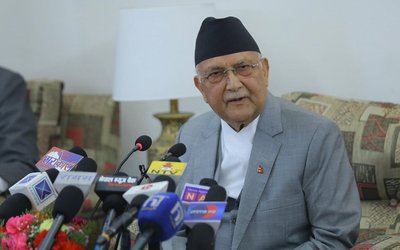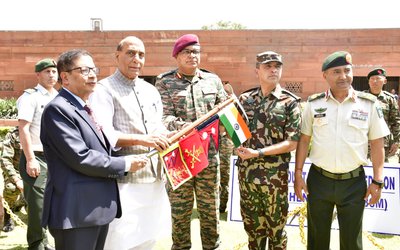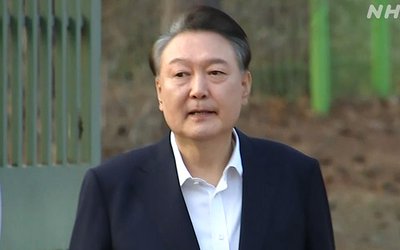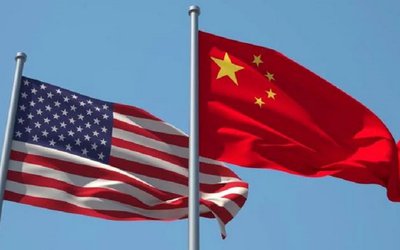More on National




Nepal’s foreign relations expert Dr. Lok Raj Baral considers that whether there is any treaty or not, Nepal-India relations will remain the same provided there is a continuation of their existing systems. Professor Baral’s argument is that Nepal and India are so close that they cannot just rely on the treaty relations only.
At a program organized by the Central Department of Political Science with the support from B.P Koirala India-Nepal Foundation, scholars and academicians from various walks of life expressed their views regarding dimensions of Nepal-India relations.
From border to culture, religion to language, Nepal and India have so many commonalities. This is the reason the treaty relations alone cannot accurately reflect the situation of bilateral relations. Treaty only defines the state to state relations but Nepal-India relations have much wider scope.
“Nepal-India relations are very much complex and they require extensive exercise,” said Dr. Bhekh Bahadur Thapa, former foreign minister and former Nepalese ambassador to India.
Attended by academicians and experts from various walks of life, the two-day seminar focused its attention on the theme of Nepal-India relations in broader contours. “India always gives high priority to its relations with Nepal. At a time when India’s economic growth is getting higher, Nepal has a lot of potential to make benefits from it,” said Indian ambassador to Nepal Jayanta Prasad. “India always wants to see Nepal as a economically strong and prosperous state.”
Presenting his paper, professor Ram Kumar Dahal said Nepal’s relations with India are a question of survival or a question of life and death in the present context. “ Nepal’s relations with India are not a simple but very complex,” said Dahal.
Nepali Congress leader Amrish Kumar Singh, however, had his own views. “Whenever Nepal and India’s scholars talk on Nepal-India relations, they often ignore the stakeholders who live in the border points. They will be the people of Madhesh, who will face all kinds of problems, when there is a change in the relations between the two countries.
Although many raised the questions on various issues including the treaty relations, the discussions were modest and realistic, devoid of too much rhetoric. “Treaty is never going to treat one party’s interest only. It is like a marriage when there is always give and take,” said JNU’s Professor SD Muni. “India-Nepal relations have passed through various stages, yet they have constantly remained stable. India’s concern in Nepal always is driven by her own security and that is her natural concern.”
The discussions focused more on various complexities of Nepal-India relations, rather than focusing on a single agenda. This is a good beginning and more realistic approach to take stock of where the two countries on several issues of their bilateral interests.





